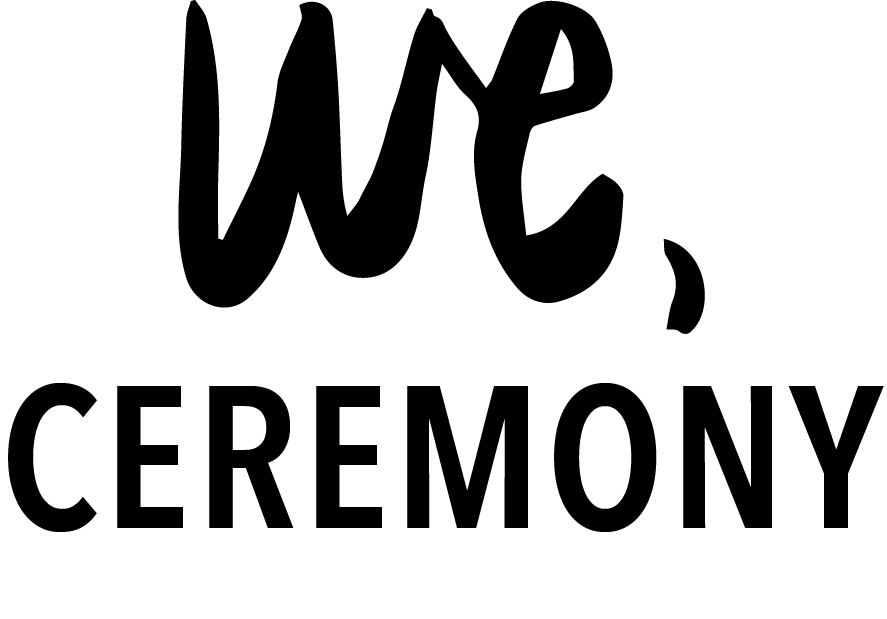Lily
Meet Lily, who has worked in nonprofit organizations for the past 5 years, is a multiracial woman, and loves potato chips and her cat.
1. Tell us a little bit about yourself.
My name is Lily and I use she, her, hers pronouns. I currently work at an independent school in Boston doing fundraising support work. I am currently working on finding/creating the perfect homemade veggie burger-- as I have already conquered the tuna melt. I love my family, friends, and cat the MOST most (all tied for first) and potato chips the most (a close second).
2. Microaggressions and covert racism are way too normalized and a daily occurrence for people of color (and sometimes expressed by people within our own communities). How do you respond to them? Or was there a time when you didn't respond to a racist comment - how did it make you feel in the moment and after? As a white-passing POC, how do you think your identity affects the way you respond to microaggressions or racist comments?
I am a white-passing mixed-race lady, made up of mostly Irish and English, but also Chinese heritage. My grandma and Yeye (father's father in Chinese), a white reading teacher and a native-Chinese language professor, got married in California one year before the state Supreme Court ruled that the its interracial marriage ban violated the 14th Amendment and nineteen years before Loving v. Virginia. I love brave love and how it built my family.
I crave for people to recognize me as a multi-racial person, as a part Asian person, as someone who lives with that within me always. This desire leaves me with a strange and perhaps somewhat rare privilege. More often than not, microaggressions do not feel like microaggressions to me. Usually the people saying versions of "what are you" are other people of color and almost always the people who feel comfortable asking me if I'm part Asian are other Asian POC. It feels strange and backwards to experience interactions that, understandably, make other people feel unsafe as validation. But I think that the crux of it is that people just want to be seen. We want to feel seen for our whole selves. For people who appear more obviously to be POC, whether because of their skin tone, eye shape, or hair texture, I think that being truly seen means not being put into a box that has painful stereotypes attached to it. It means not having to be put in that box regularly by the people who look exactly like those who have oppressed them for generation upon generation. It means not being reminded of that shitty box and the long histories of violence that come with it when they're just trying to be. Racial microaggressions have a different impact on me and I don't take that lightly.
(Anytime you want to talk to me about when microaggressions against me lead to anger, fear, and sadness, lets talk about those gendered ones)
3. How do you envision a more safe and welcoming society?
I think that a safer and more welcoming society will require everyone to work harder at truly seeing one another as whole, complicated, beautiful, fucked up beings. I just think that white people have to work extra hard at that because of their privilege and because of destructive mentalities that have been built and reinforced over many lifetimes. One way that I have been trying to be better is by consciously aiming to move about the world with more love, but also more polite curiosity.
